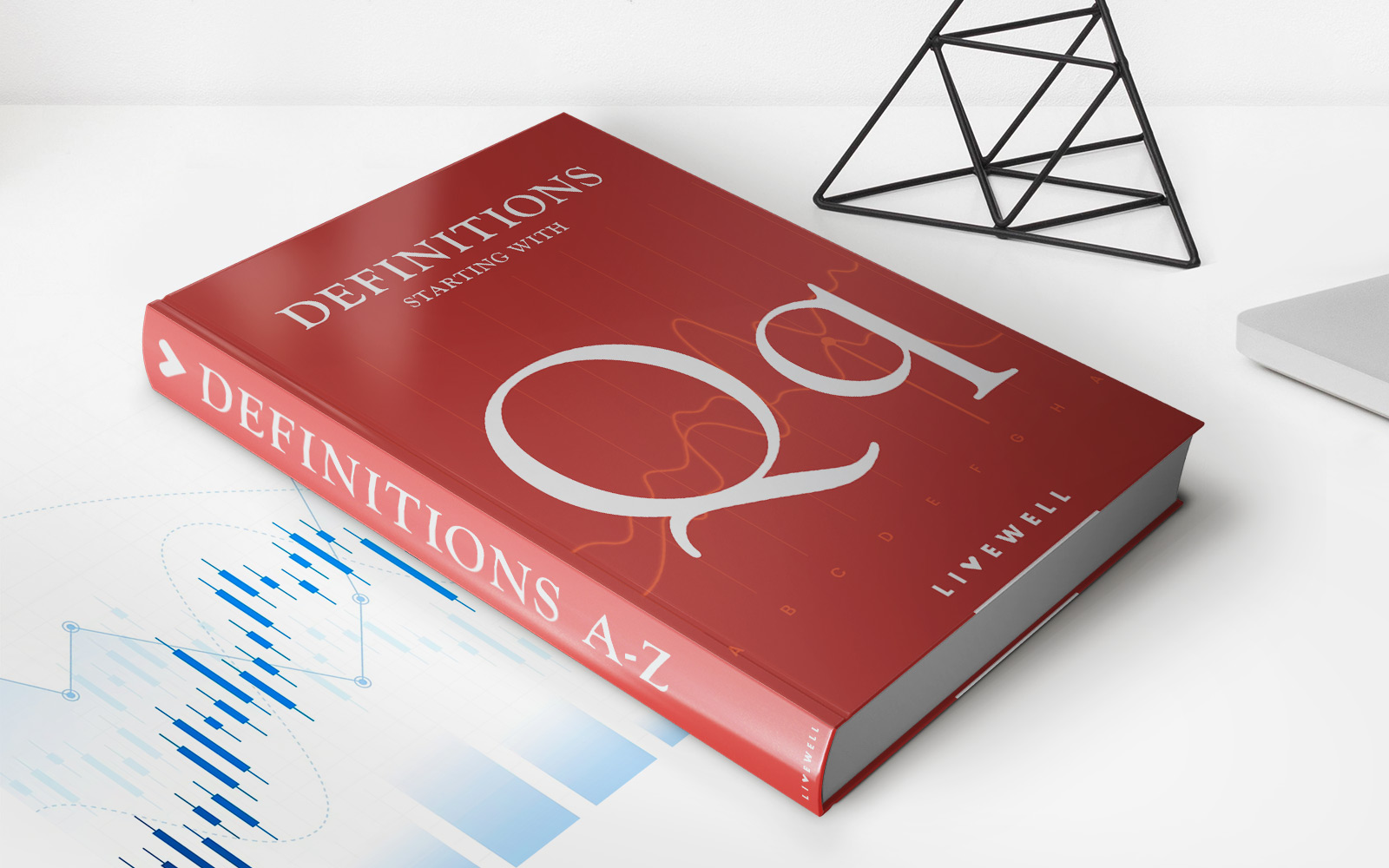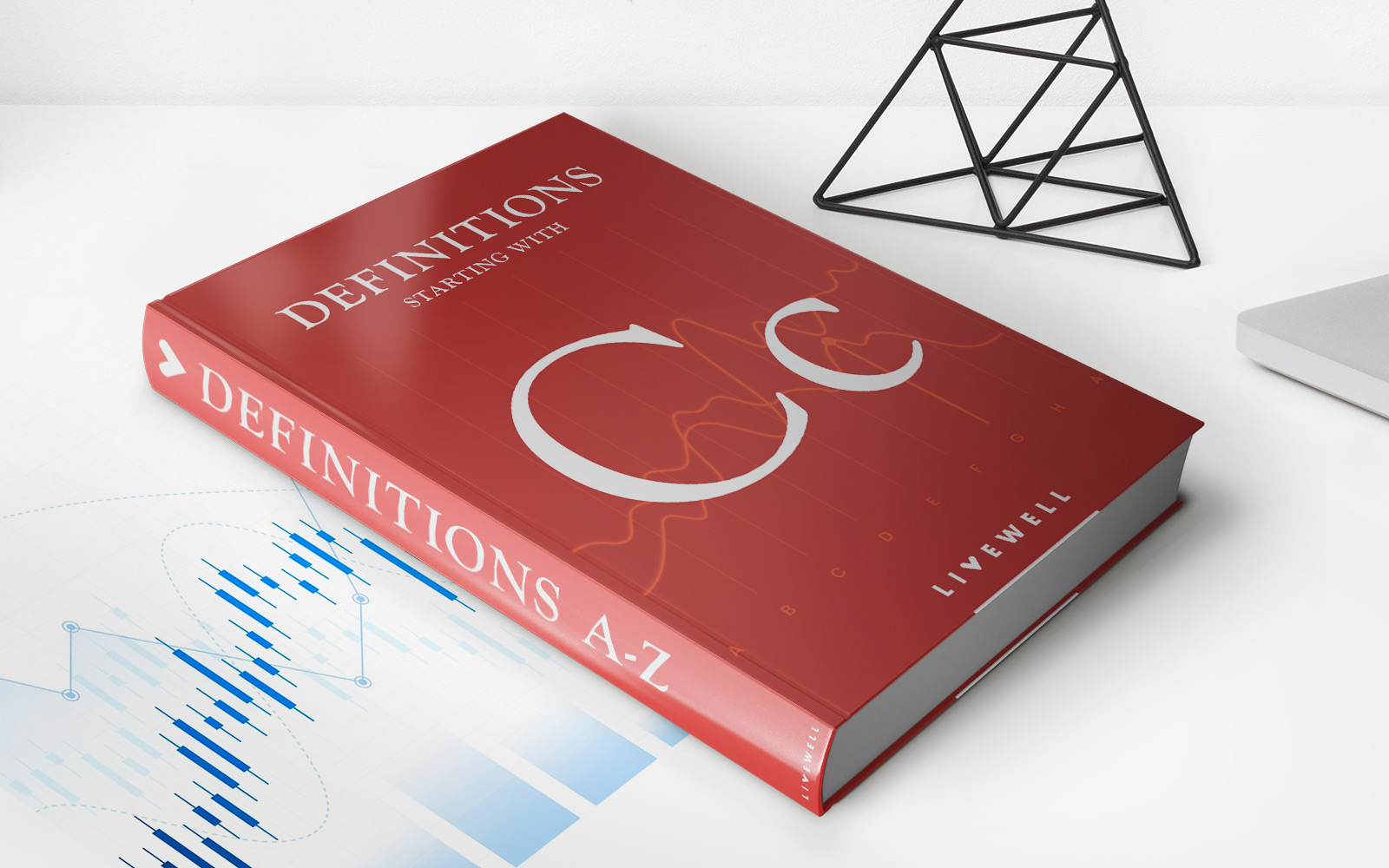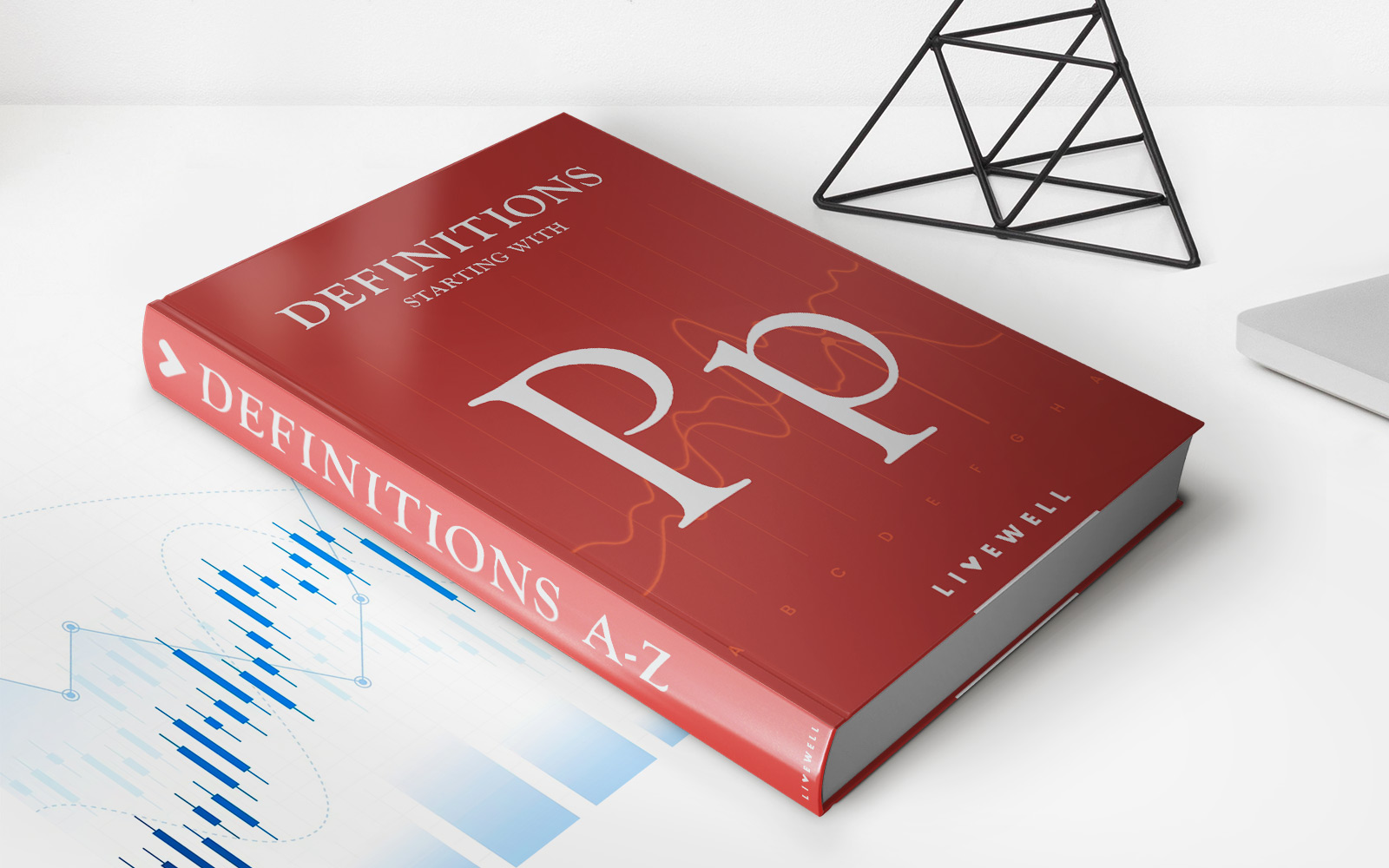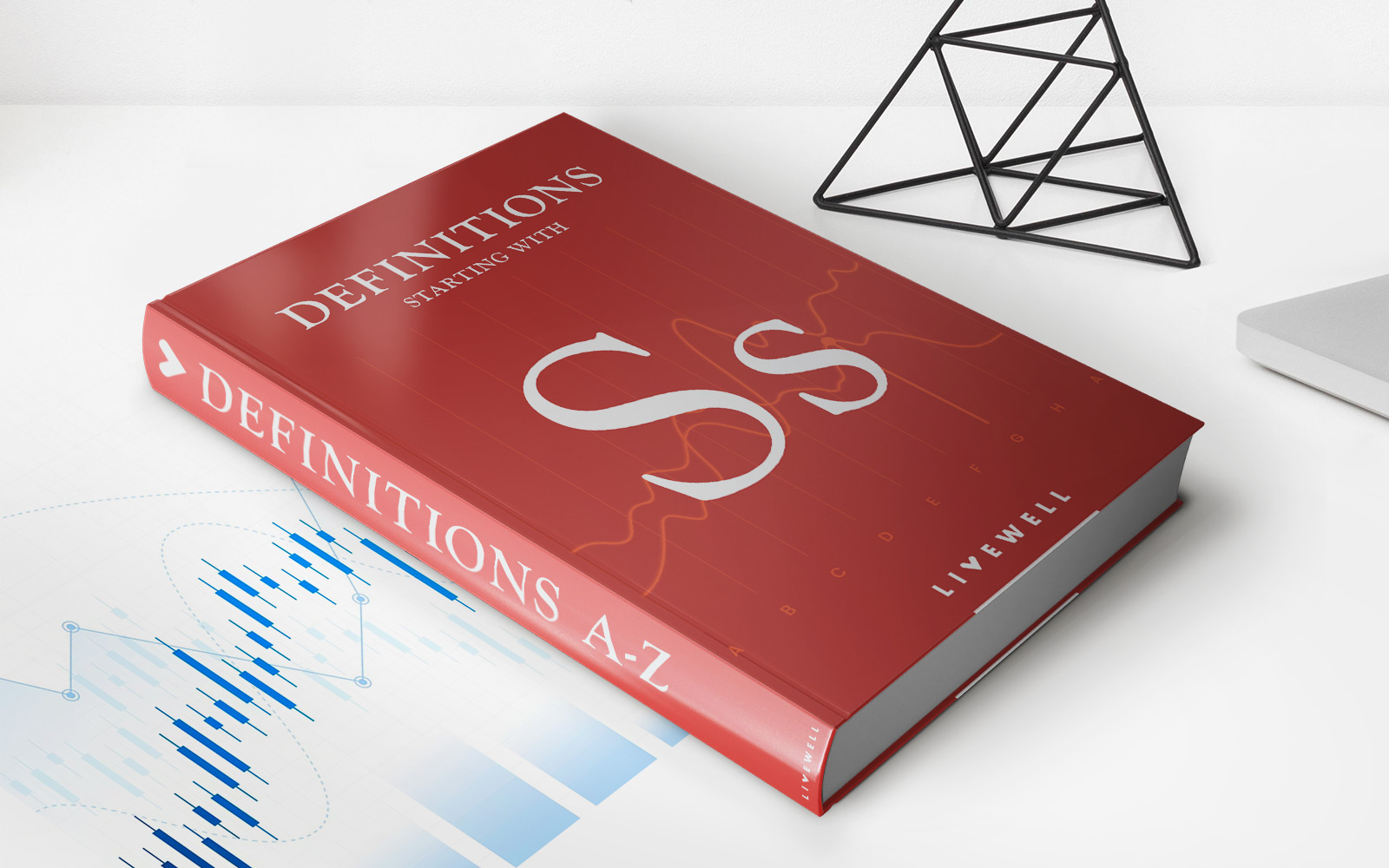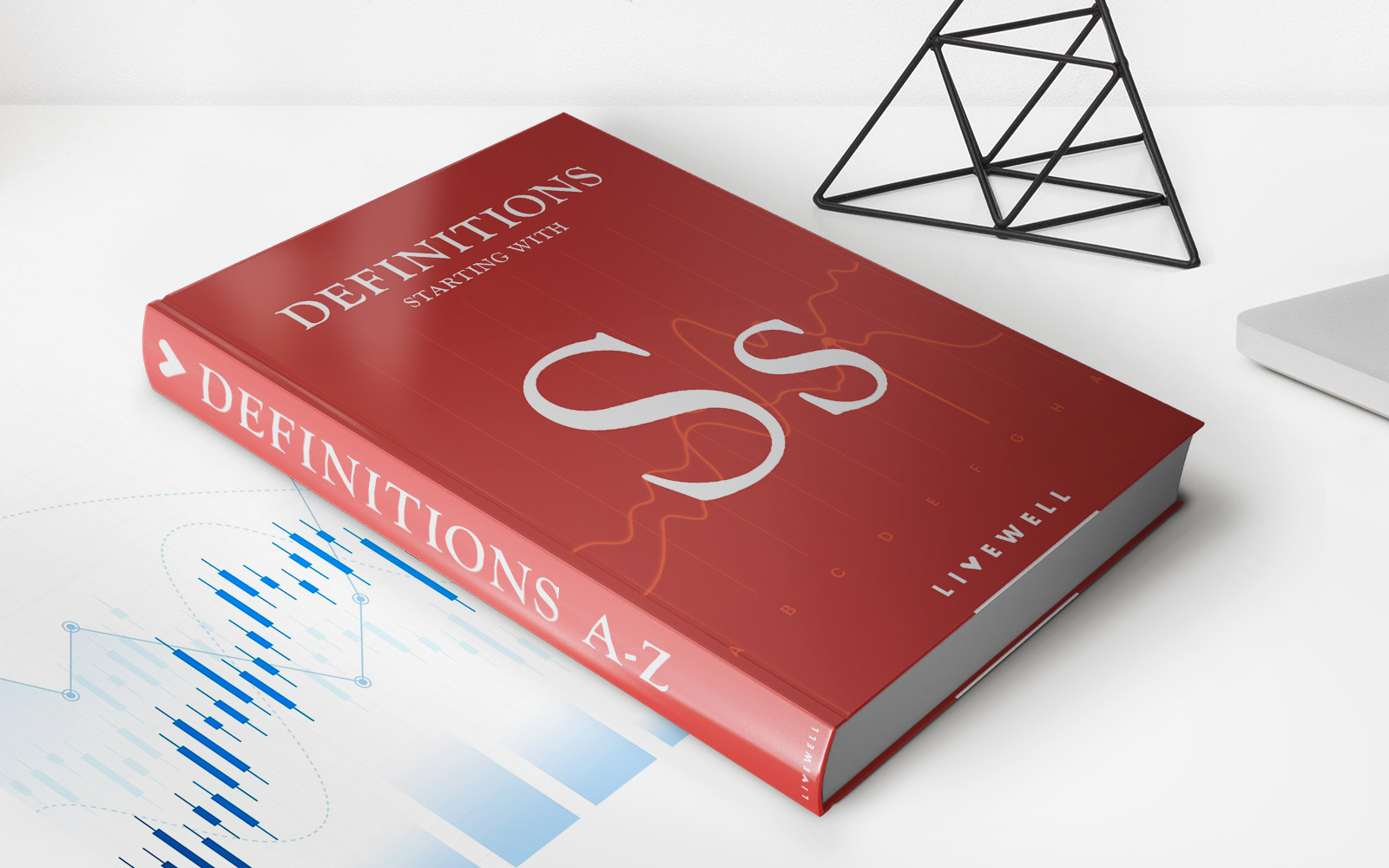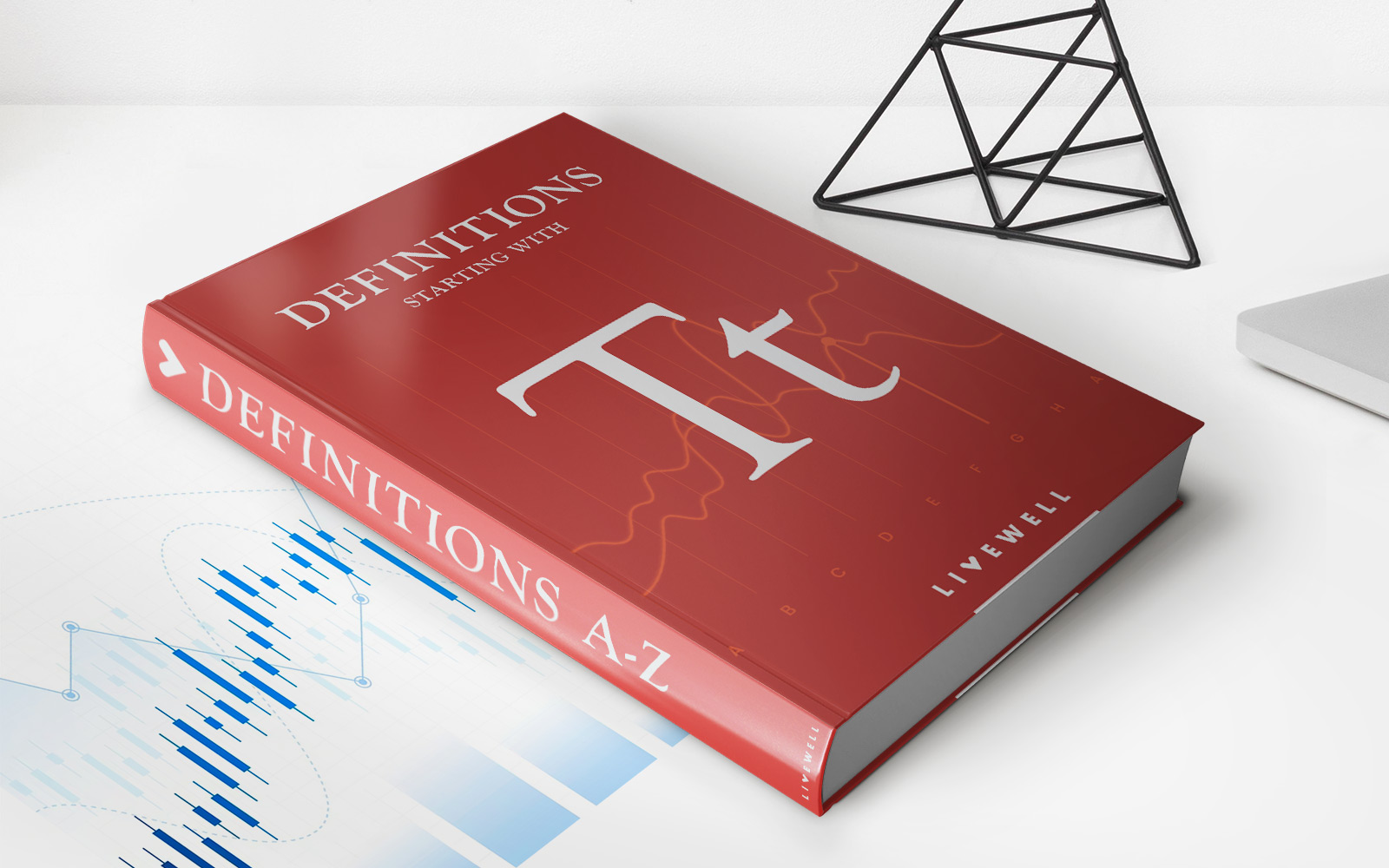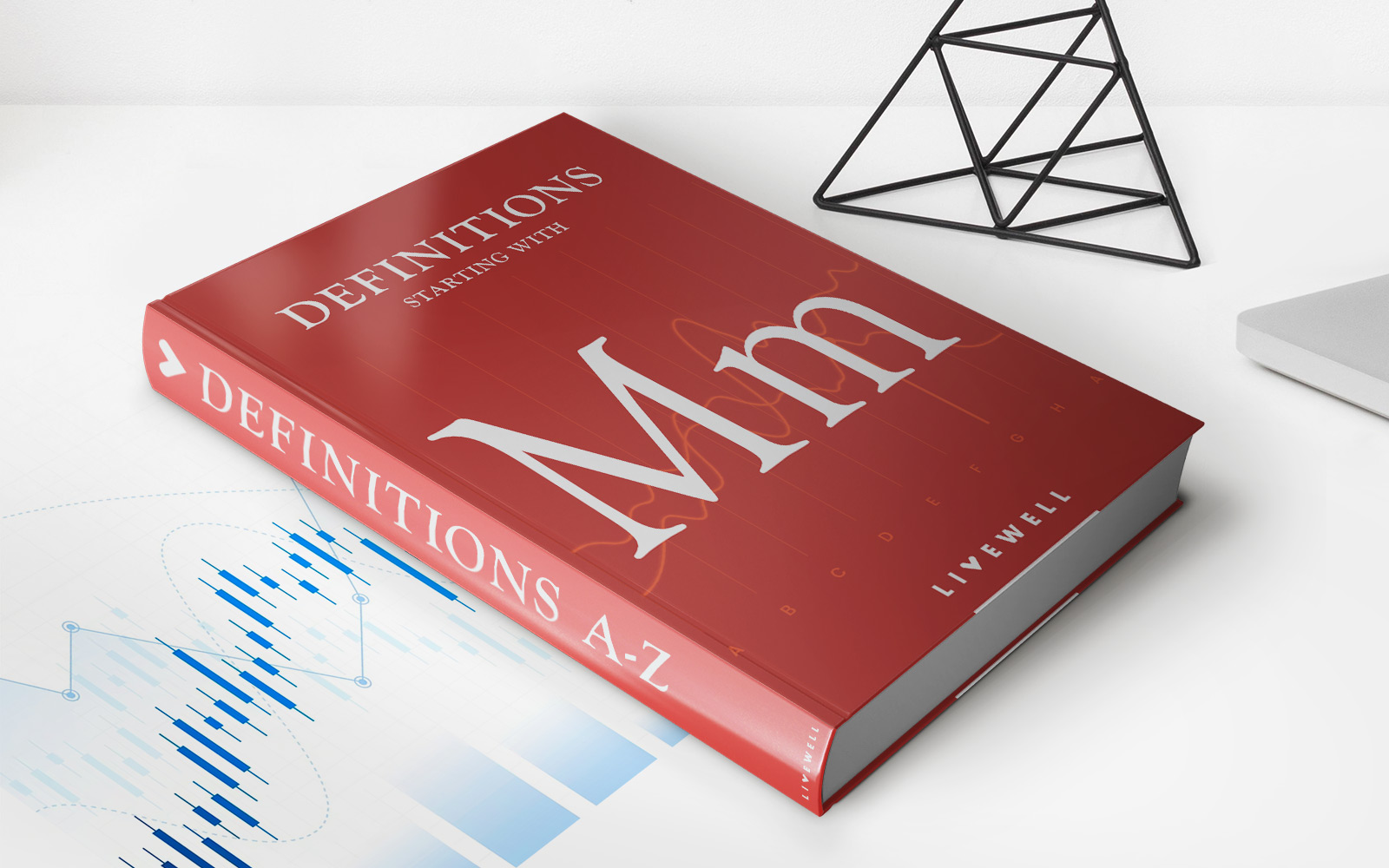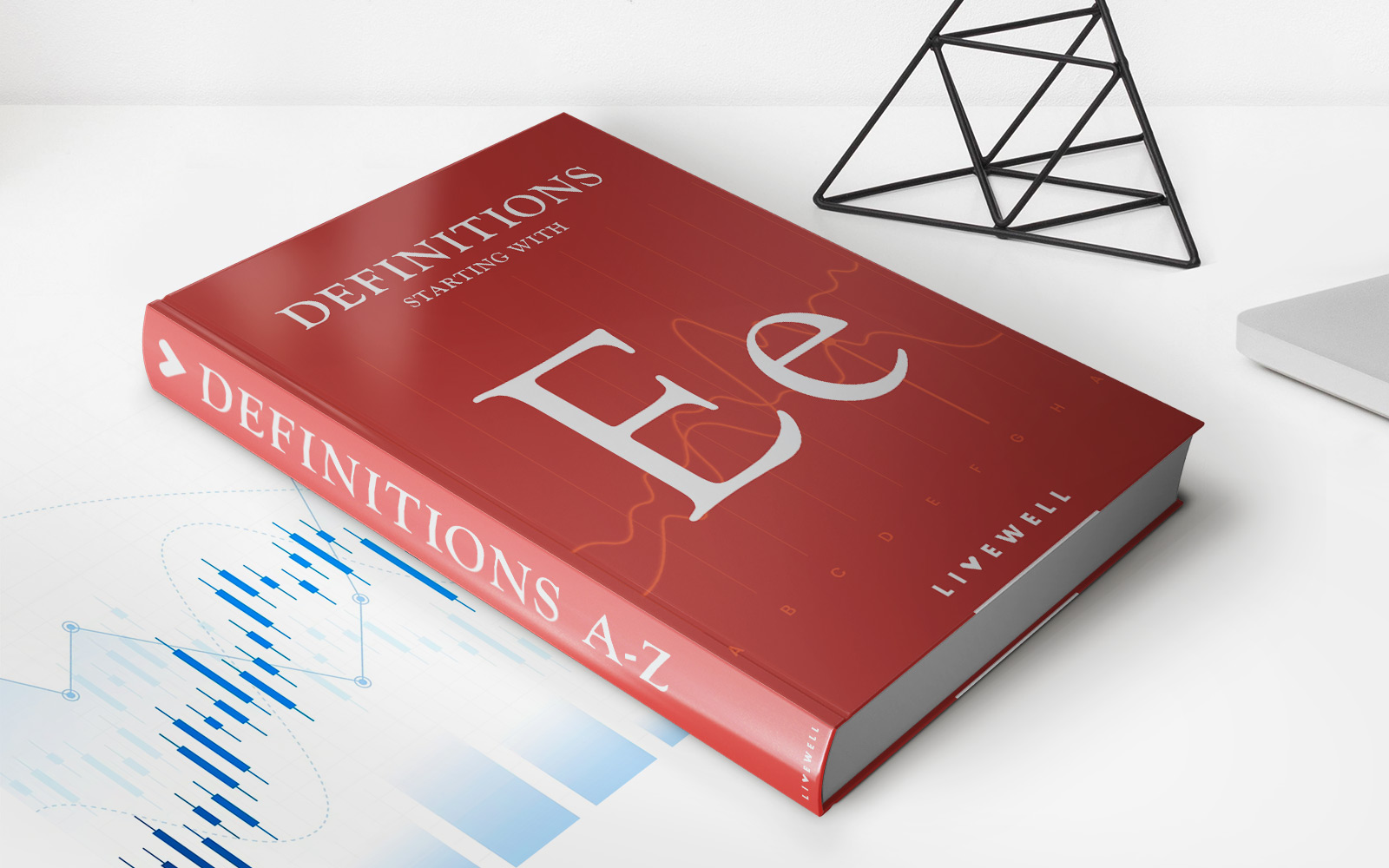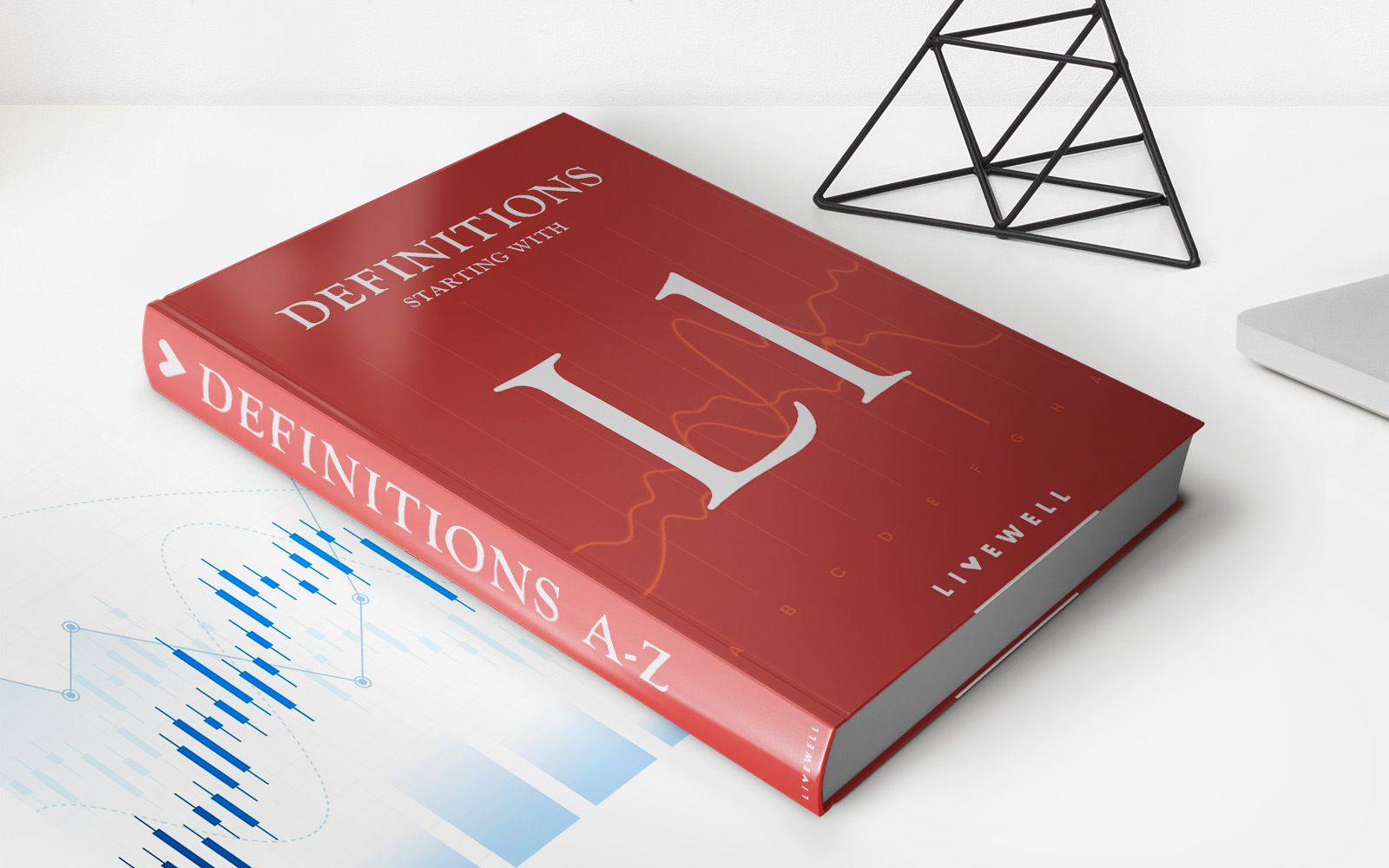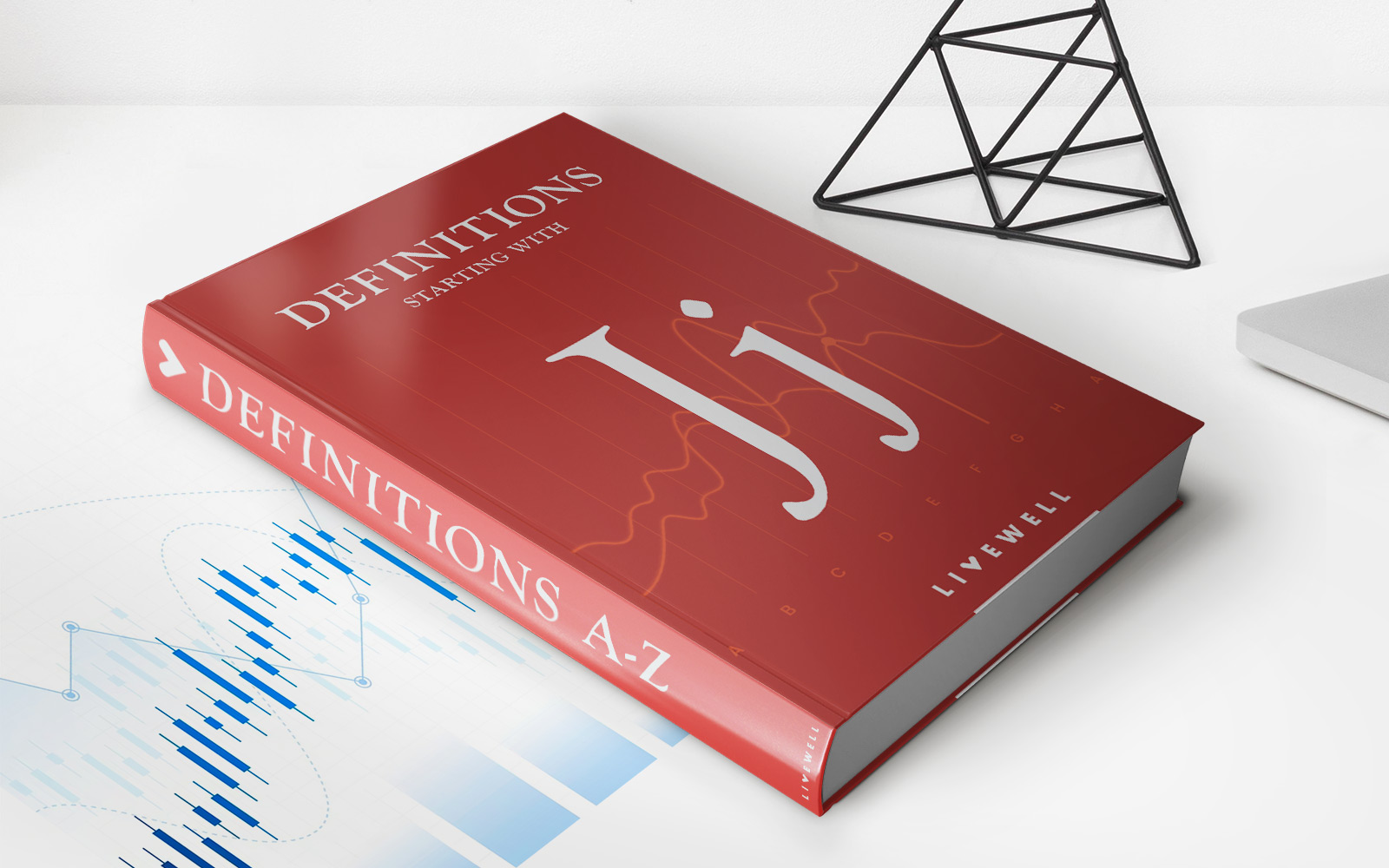Home>Finance>Demand Theory: Definition In Economics, Meaning, And Examples
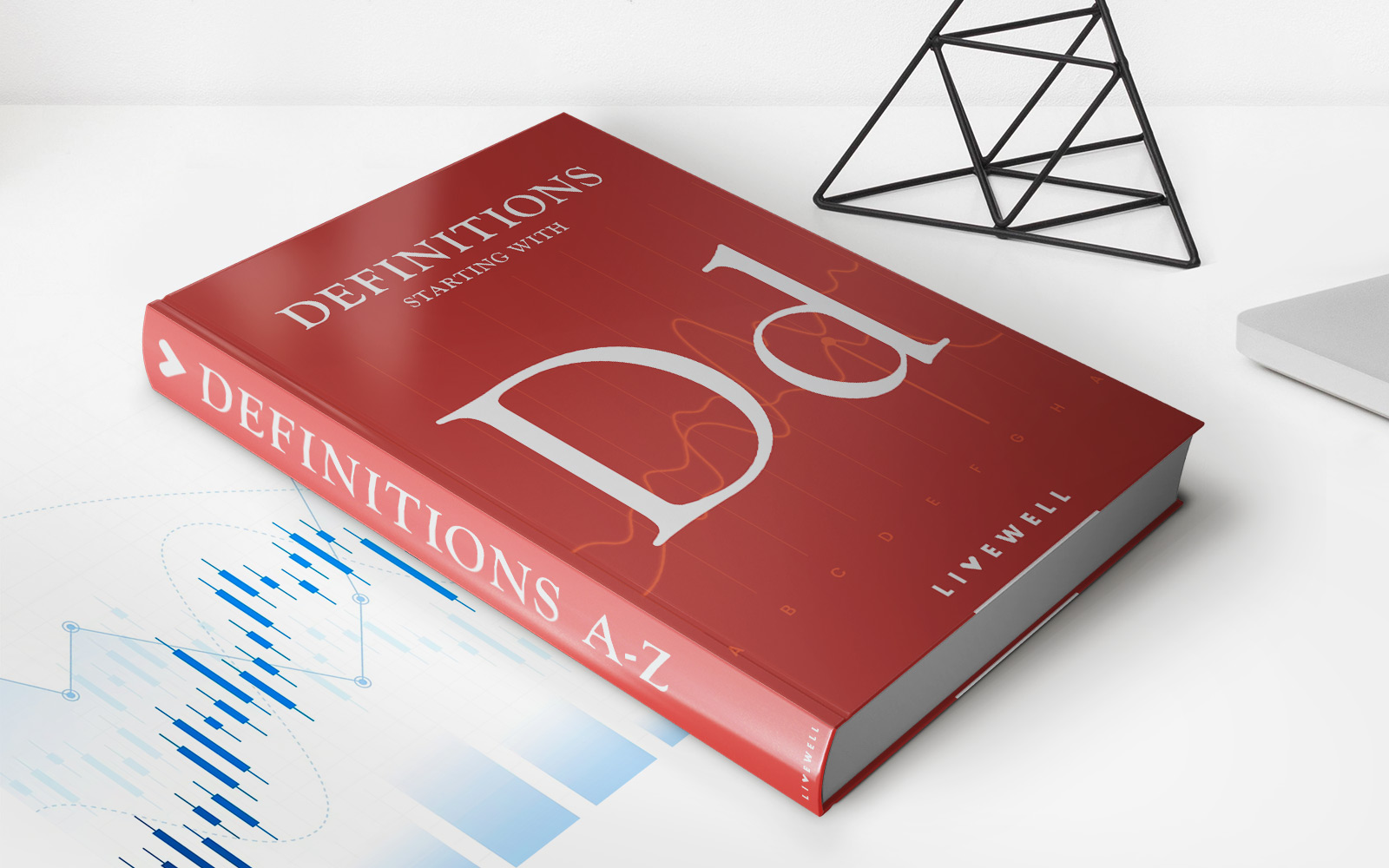

Finance
Demand Theory: Definition In Economics, Meaning, And Examples
Published: November 10, 2023
Learn the meaning of demand theory in economics, its definition, and explore examples to grasp this fundamental concept in finance.
(Many of the links in this article redirect to a specific reviewed product. Your purchase of these products through affiliate links helps to generate commission for LiveWell, at no extra cost. Learn more)
Understanding Demand Theory: Definition in Economics, Meaning, and Examples
Are you curious about demand theory and its significance in the field of economics? Look no further! In this blog post, we will explore the concept of demand theory, its definition, meaning, and provide you with real-life examples to help you grasp its implications. So, let’s dive in!
Key Takeaways:
- Demand theory examines the relationship between consumer demand and product price.
- It helps businesses make informed decisions about pricing, production, and market strategies.
What is Demand Theory?
Demand theory is a fundamental concept in economics that explores the relationship between consumer demand and the price of a product. It analyzes how changes in price, income, and other factors influence the quantity of a good or service that consumers are willing and able to purchase.
Why is Demand Theory Important?
Demand theory plays a crucial role in guiding businesses and policymakers in their decision-making processes. By understanding how changes in price and other variables impact consumer demand, companies can determine the most suitable pricing strategies and adjust production levels accordingly.
Here are a few key reasons why demand theory is vital in economics:
- Pricing Decisions: Demand theory helps businesses set optimal prices for their products. Understanding price elasticity of demand allows companies to determine how sensitive consumers are to price changes and thus adjust their pricing strategies accordingly.
- Supply Management: By analyzing demand patterns, businesses can estimate the quantity of goods or services they need to produce to meet consumer demands. This helps in minimizing wastage and optimizing production efficiency.
- Market Entry and Expansion: Demand theory helps in assessing the feasibility and potential success of entering new markets or expanding existing products. It allows businesses to evaluate the demand for their offerings in different market segments and make informed decisions about market expansion.
Real-life Examples of Demand Theory:
Let’s look at a couple of examples to understand how demand theory works in practice:
- Price Elasticity: Suppose a smartphone manufacturer wants to increase sales. By applying demand theory, they realize that demand for smartphones is highly price elastic, meaning consumers are sensitive to price changes. To appeal to a broader consumer base, they decide to introduce a more affordable model, resulting in a substantial increase in sales volume.
- Income Elasticity: Consider a luxury car brand. They notice that with an increase in average consumer income, the demand for luxury vehicles rises. By understanding the income elasticity of demand, the company can adjust its marketing strategies to target high-income individuals and potentially increase profits.
Understanding demand theory empowers businesses to make evidence-based decisions, fine-tune their strategies, and anticipate shifts in consumer behavior. By taking into account the factors that influence demand, companies can ensure their products or services meet customer needs effectively.
In conclusion, demand theory is a crucial aspect of economics, offering valuable insights into consumer behavior and its relationship to product prices. By incorporating demand theory into their decision-making processes, businesses can optimize their operations, gain a competitive edge, and enhance their overall performance in the marketplace.
